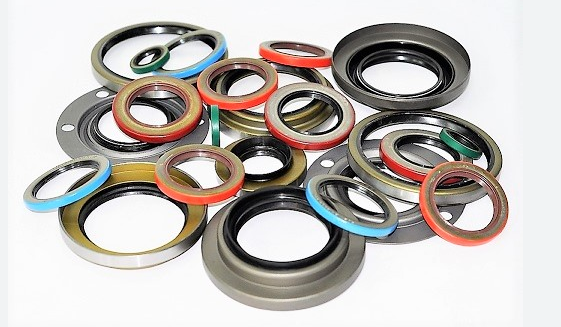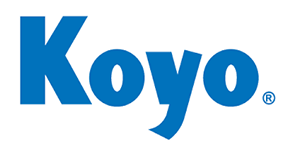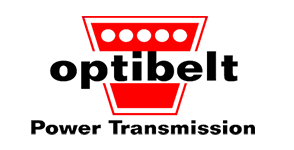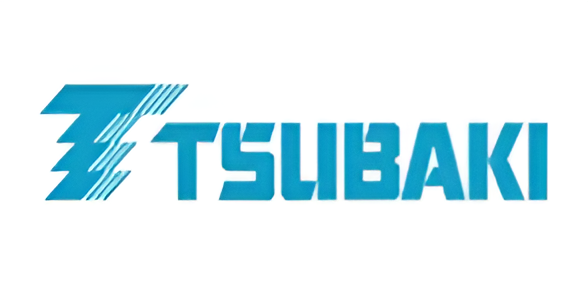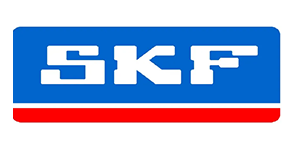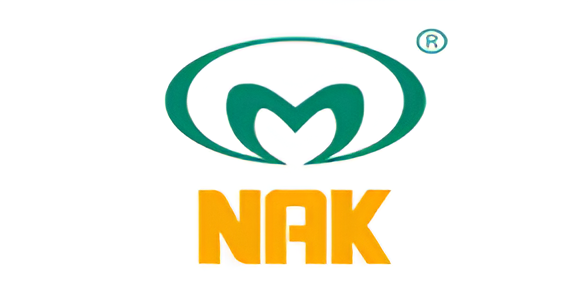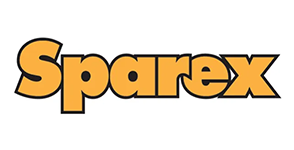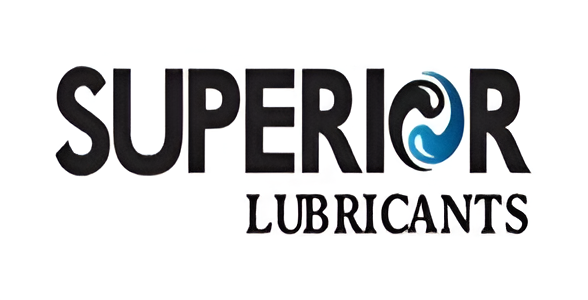Seals in Kempsey
- Fast delivery across the Mid North Coast
- Stocked with trusted, quality brands
- Knowledgeable, hands-on customer support
Request a call back In Kempsey
Thank you for contacting Mid Coast Bearing Centre.
We will get back to you as soon as possible.
Oops, there was an error sending your message.
Please try again later.
Kempsey Seals
Mid Coast Bearing Centre provides high-performance seals for customers across Kempsey and the Mid North Coast, helping keep machinery protected and performing at its best. With over 40 years of experience in mechanical and industrial supply, we’re known for offering quality seals that are built to last, suitable for everything from automotive repairs and agricultural machinery to factory equipment and hydraulic systems.
Our stock includes oil seals, V-rings, and specialist sealing products like Speedi-Sleeves and CR Scotseals. Whether you’re preventing fluid leaks or keeping out dust and contaminants, we’ll help you find the right solution.
Local customers trust us for our quick service, practical product knowledge, and honest advice. We know the kinds of wear and pressure your machinery faces and only recommend seals that hold up under those conditions. Bring in the part, or let us know your specs—we’ll get you sorted.
Contact 02 6552 3699 to order or enquire about seals in Kempsey today.
Quality That Lasts
At Mid Coast Bearing Centre, our mission is to make sourcing seals simple and stress-free for Kempsey locals. We supply sealing solutions for rotating shafts, hydraulic cylinders, static joints, and everything in between.
If you’re unsure which type of seal is best, we’ll guide you through the options based on temperature, fluid type, shaft speed, and pressure. We stock both metric and imperial sizes, as well as a range of materials such as nitrile, Viton, and PTFE to suit different working environments.
Many of our customers bring in worn seals from tractors, pumps, or motors so we can identify and supply the correct match. Our team goes beyond the sale—we’ll also share tips on installation, lubrication, and how to avoid common causes of premature seal failure.
With reliable brands, fast access to stock, and personalised service, we make it easy to keep your systems leak-free and running efficiently in Kempsey.
How do I know what type of seal I need for my application?
Choosing the right seal depends on a few key factors: whether the application is static or dynamic, the operating pressure and temperature, the type of fluid involved (like oil, water, or chemical), and the speed of any rotating shafts. For rotating parts like axles or pumps, oil seals or radial shaft seals are most common. For hydraulic systems, piston or rod seals may be required. The material also matters—nitrile is great for oil resistance, while Viton handles higher temperatures and chemicals. If you’re unsure, bring in the old seal or share measurements and usage details so a supplier can help you find the correct fit.
What is the difference between a single-lip and double-lip seal?
A single-lip seal has one sealing lip that typically retains fluid within a system, like oil or grease. A double-lip seal has an additional lip—often called a dust or exclusion lip—that helps keep out contaminants like dirt, dust, or water. This makes double-lip seals ideal for outdoor or harsh environments, such as agricultural or construction equipment. The added protection helps extend the life of both the seal and the component it protects. However, double-lip seals may require slightly more space and lubrication. The choice depends on the operating environment and whether contamination is a concern.
Can I reuse a seal after disassembly?
Generally, seals are not reusable. Even if they appear undamaged, once a seal has been compressed and exposed to pressure, heat, or friction, its ability to provide a tight, reliable barrier is compromised. Removal can also damage the sealing lip or deform the body. Reusing a seal increases the risk of leaks and premature failure, especially in high-performance or high-pressure systems. To avoid equipment damage or downtime, it’s always best to replace seals with new, correctly sized parts during maintenance or repairs.

